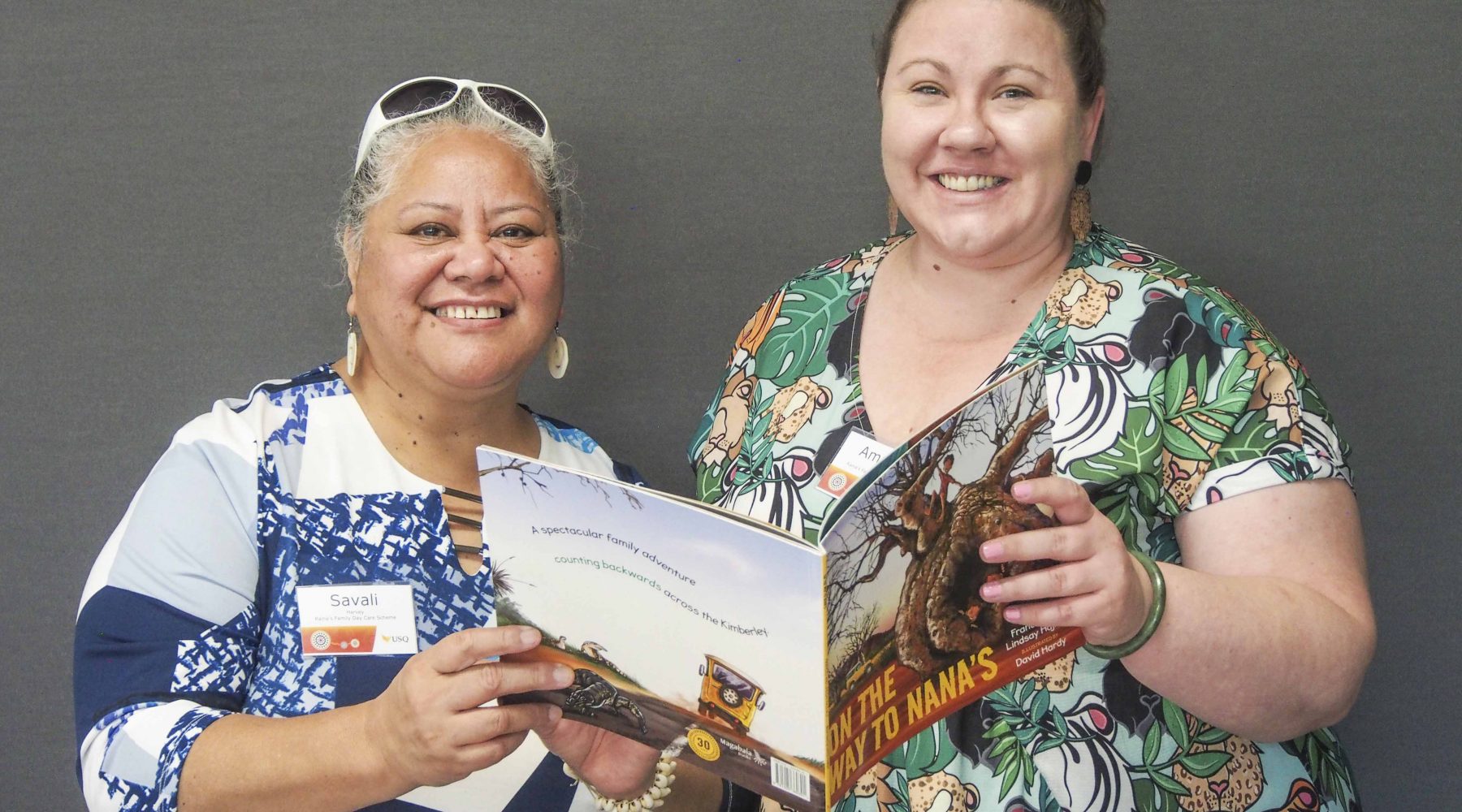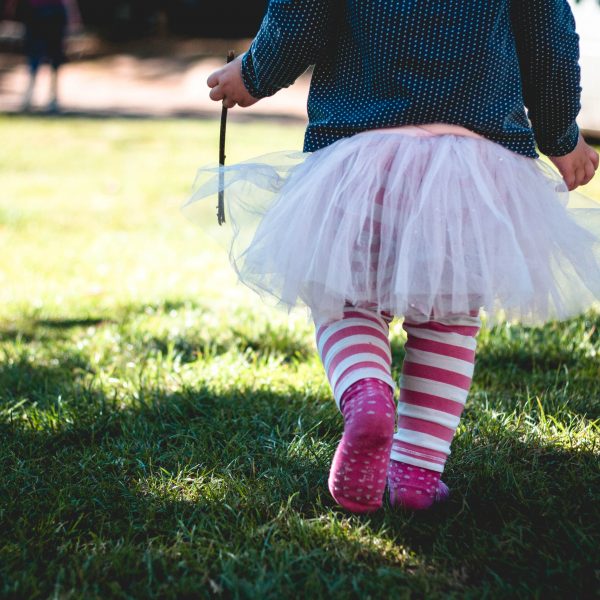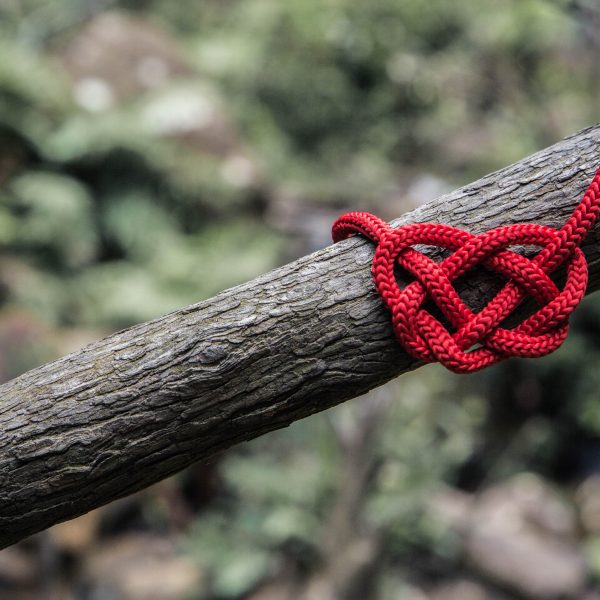USQ hosts Reconciliation workshop for ECEC educators

A professional development workshop, highlighting the important role that early learning plays in a reconciled Australia was recently hosted by the University of Southern Queensland (USQ).
Held at the University’s Springfield campus, more than 40 early childhood education and care (ECEC) educators travelled from across the region to participate in the forum, which had a focus on reconciliation and intercultural education.
The session included a range of activities and presentations from several Aboriginal and Torres Strait Islander community groups, with participants exploring how young learners “can take their first steps in reconciliation through literacy, arts and Indigenous learning experiences.”
Dr Eseta Tualaulelei organised the event as part of her role as a lecturer in early childhood curriculum and pedagogy, noting that while ECEC educators are “eager to teach reconciliation, they often lack the knowledge or confidence to translate it into practice”.
“While there are resources available for teaching Aboriginal and Torres Strait Islander culture, the fear of getting it wrong is holding some educators back,” Dr Tualaulelei said.
The workshop, she added, “provided a much-needed opportunity for early years educators to gain practical knowledge and a better understanding of Aboriginal and Torres Strait Islander cultures with the guidance of experienced Indigenous educators.”
Noting the vital role that ECEC educators play in preserving and promoting Aboriginal and Torres Strait Islander language and culture, Dr Tualaulelei said professional development opportunities, such as the one put together by USQ, can help educators to feel empowered and supported to champion reconciliation through meaningful reconciliation initiatives.
“Early years educators have the power to shape young lives every day and incorporating Indigenous traditions into learning experiences can make a significant difference in the reconciliation process,” she said.
“Music, dance, painting, storytelling, crafts and bush foods are just some of the activities educators can use to teach children about Aboriginal and Torres Strait Islander history and culture.”
For more information about embedding Aboriginal and Torres Strait Islander perspectives into the curriculum in an authentic way, please see here.
Popular

Policy
Practice
Quality
Provider
Research
Safety starts with supervision: responding to real risks in ECEC
2025-07-07 10:30:58
by Fiona Alston

Policy
Provider
Practice
Quality
Jay Weatherill appointed to co-lead urgent review into childcare safety in Victoria
2025-07-07 07:24:04
by Fiona Alston

Quality
Practice
Provider
Workforce
Reclaiming Joy: Why connection, curiosity and care still matter in early childhood education
2025-07-09 10:00:07
by Fiona Alston













